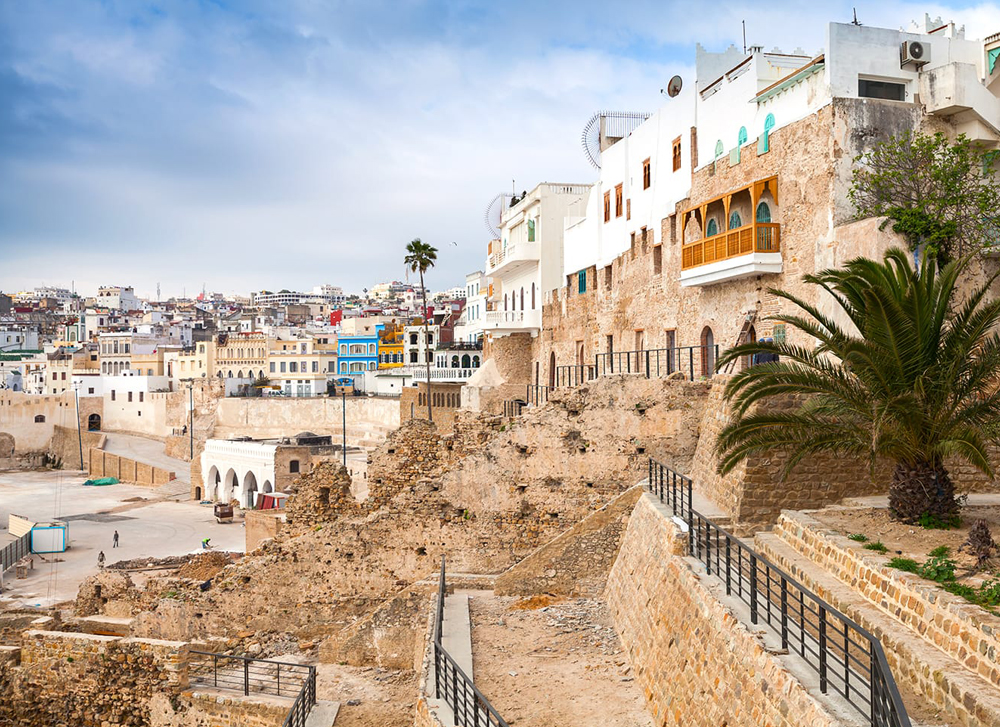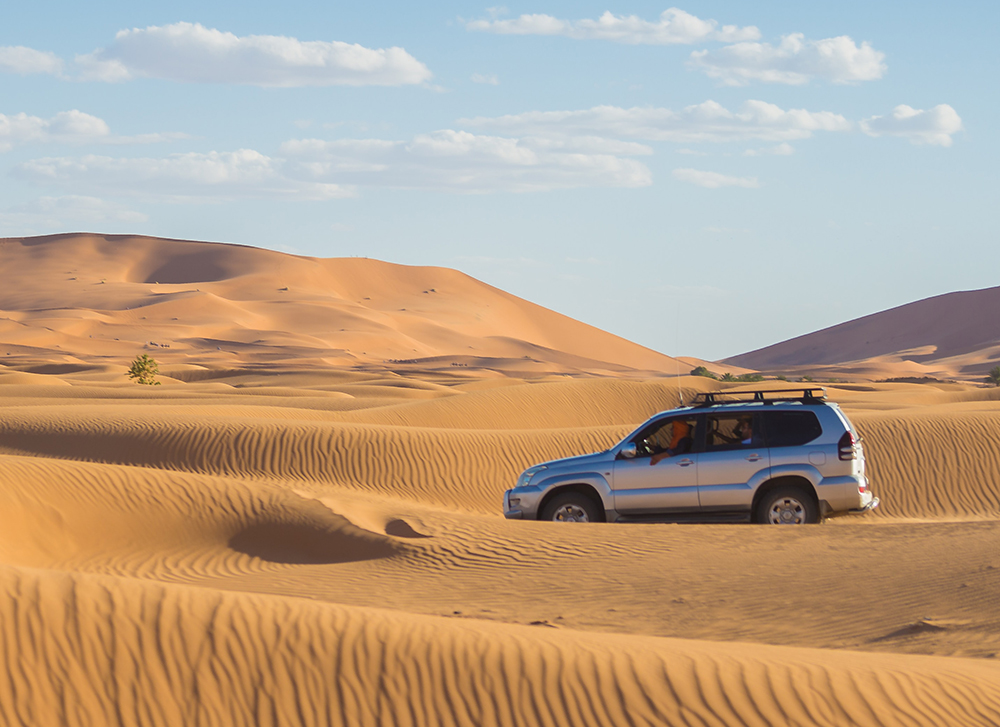


For citizens of many countries, you do not need a visa to enter Morocco. You will receive an entry stamp in your passport upon arrival.
With thousands of tourists coming every year, Morocco is considered a safe holiday destination compared to other Arab countries. Moroccan people are much known for their warm hospitality and they make sure you feel home wherever you go to. Once you face a problem, Moroccans do make efforts to provide assistance whenever needed.
The weather in Morocco varies from one place to another. However, itis recommended to visit Morocco in winter (Jan/Feb) when the weather is pleasantly sunny and warm which leads to some stunning photos. During midsummer, it is very hot in the south, though Sahara desert would be wonderful destination for some people to enjoy the hot sun.
We are often asked if it is safe to travel to Sahara desert, the answer is YES! The desert is a recommended destination for everyone traveling to Morocco. For some visitors the Sahara desert is the absolute highlight of their trip.
No vaccination is required when traveling to Morocco. However, for water we recommend drinking mineral water instead of tap water.
Credit cards are accepted at large stores, hotels, and restaurants, whereas cash is required in small shops and Souks.
Exchange your money when you arrive at the airport or use local banks and ATM machines. Be prepared to have enough cash when traveling outside cities, as the ATM machines are rare in rural areas.